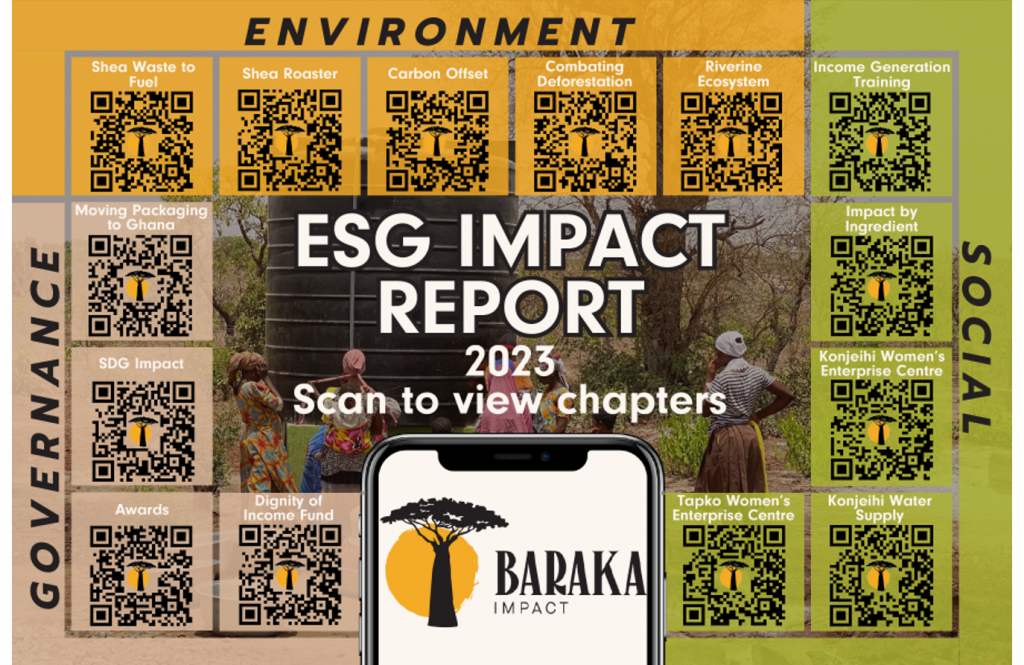
Why beginning with your real business, community, and environmental value proposition is the fastest route to effective ESG integration.
Across Ghana and around the world, organizations are hearing the same message from investors, customers, regulators, and even employees: “We need to see your ESG report.” For some, it’s already a compliance requirement. For others, it’s a near certainty in the coming years, for others it is a differentiation opportunity.
Unfortunately, many businesses make the same costly mistake—they start their ESG journey by wrestling with complex reporting frameworks, templates, and management systems and engaging expensive consultants. The result? Weeks or months lost, resources drained, and frustration high, all before any real value is created.
That’s not the best way forward.

The most successful ESG journeys don’t start with reporting frameworks—they start with value and simplicity.
The first question every organization should ask is: How can ESG integration create value for our business—and simultaneously for our community, society, environment, and stakeholders?
This value-based approach shifts ESG from being “something we have to do” to “something that helps us grow, builds value, strengthens our reputation, and attracts opportunity.”


Consider Baraka Shea Butter (www.barakasheabutter.com), a Ghanaian company that sources ethically produced shea butter. They train women cooperatives on sustainable harvesting practices, ensure fair pricing, and invest in community development. They’ve never called it complex “ESG reporting,” but these activities create powerful business value.
By identifying these activities as ESG value drivers and communicating them clearly, they’ve achieved:
Their ESG reporting is so simple and effective that they’ve condensed it onto a 4×6 card that goes in every one of their 5,000+ orders each year. Using QR codes, customers can instantly connect to detailed impact stories across environmental, social, and governance dimensions. This is brilliant ESG communication—connecting customers directly to impact through a simple framework.
This is the power of starting with value—recognizing the ESG impact you’re already creating and communicating it in ways that drive business results.


💼 For Businesses:
🏛️ For Government & Public Sector Entities:

The best ESG reporting is often the simplest, focusing on what matters most to your business and your stakeholders. You don’t need to cover every ESG topic—focus where your impact is strongest and where stakeholders have expressed genuine interest. Stakeholders prefer clarity, humility, and authenticity over jargon-heavy documents.
Embrace transparency and humility. If you’re short of where you want to be in a key area, own it and clearly identify what you plan to do. Then do it. Stakeholders much prefer honest acknowledgment of challenges and clear improvement plans to greenwashing or overclaiming impact.

Many successful organizations, like Baraka, have designed their own simple frameworks rather than wrestling with complex industry standards. Stay focused on value creation and communicate with humility. If you have partners contributing to your impact, share the credit liberally—this builds stronger relationships and demonstrates authentic collaborative leadership.
Don’t let frameworks like GRI, SASB, or IFRS S1 & S2 intimidate you. They’re valuable tools, but they’re not starting points. Once you have clarity about your ESG value drivers and stakeholder priorities, frameworks can help structure your reporting. Without that clarity, they become an expensive distraction.
These resources are free, actionable, and designed to simplify your ESG journey from day one.
When you lead with value, your ESG report becomes more than a compliance exercise—it becomes a competitive advantage. You can:
The global shift toward sustainability is accelerating. Businesses and governments that move first—and communicate effectively—will capture the greatest benefits.
Don’t let ESG complexity stop you from starting. The most profitable, impactful, and credible ESG communications often come from the simplest beginnings. Start with value. Communicate clearly. Grow from there.
ESG done right isn’t about producing the thickest report or the most complex format—it’s about delivering the clearest story of how your organization creates value for business, society, and the planet, and helping you to create and capture even more value.
Next week, we’ll dive into IFRS S1 & S2 requirements and what Ghanaian organizations need to know about mandatory sustainability disclosure standards—with practical tips for compliance that builds on the value-first approach we’ve outlined.
Prof. Wayne Dunn is President & Founder of the CSR|ESG Training Institute and former Professor of Practice in CSR at McGill University. The Institute’s ESG & Sustainable Finance Certified Masterclass takes place September 29-October 2, 2025, in Accra.